Ghana’s energy sector stable as gov't shifts focus to renewables – Jinapor
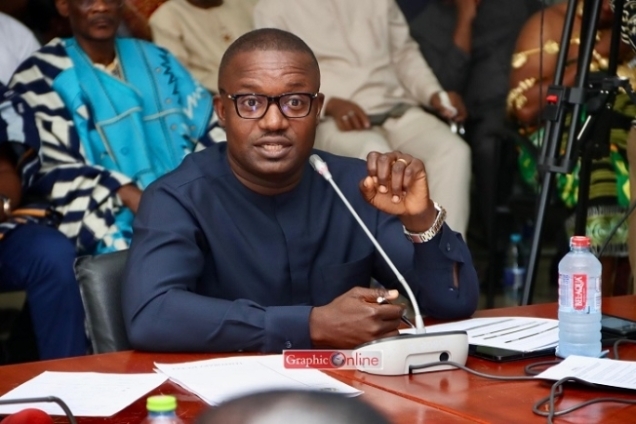 John Jinapor, Energy Minister
John Jinapor, Energy Minister
Ghana’s energy sector has achieved stability with surplus electricity now being exported to neighbouring countries, Minister of Energy and Green Transition, John Abdulai Jinapor, has disclosed.
Speaking at a press conference during the 7th Regional Committee Meeting of the International Solar Alliance (ISA) for Africa in Accra on September 4, Mr. Jinapor said the government’s priority was now to expand renewable energy and close energy access gaps nationwide.
“Our power supply is fairly stable. We have enough, and we are even exporting. Our vision is to have a minimum of 10 per cent of our energy mix emanating from renewables, and that even excludes our hydro potential,” he stated.
The Minister revealed that plans were underway to deploy solar-powered irrigation pumps across the country to promote year-round farming, particularly in the dry season.
He added that India had agreed to partner with Ghana on the project, which would include training for local artisans.
“India has pioneered it, and we want to learn from them. They have agreed that they will collaborate with us,” he noted, adding that a Memorandum of Understanding(MoU) would soon be signed.
The ISA summit brought together 19 African Energy and Power Ministers, representatives of 39 member states and seven signatories to deliberate on solutions to the continent’s energy challenges.
Mr. Jinapor expressed concern that over 600 million Africans remain without access to electricity, while nearly one billion lack clean cooking options.
Despite being the sunniest continent, Africa accounts for only four per cent of global solar power and attracts less than two per cent of clean energy investment.
“Universal access to energy is not merely a development goal; it is a moral imperative,” he stressed.
ISA Director-General, Ashish Khanna, announced the ratification of the Africa Solar Facility—a $200 million catalytic fund aimed at mobilising over $800 million in private investment for decentralised renewables, beginning in Nigeria.
He also revealed that 12 solar technology education centres would be established across Africa, including one in Ghana, to strengthen technical expertise, youth innovation, and research capacity in solar energy.
Source: classfmonline.com/Cecil Mensah
Trending News
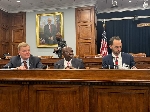
Calls grow within NDC for Oppong-Fosu to lead party into 2028 elections
15:56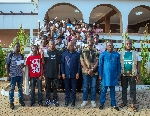
Felix Ofosu Kwakye prioritises education in Abura Asebu-Kwamankese with support for tertiary students
07:47
Vice President extends greetings to Oguaa traditional area ahead of Fetu festival
23:48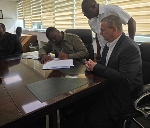
DVLA signs MoU with TransAid and Scania to enhance driver training
05:04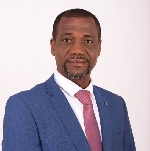
CJ's removal: Mahama demonstrating reset agenda-JOY
14:31
CEMSE warns ECG’s proposed tariff hike could cripple industries and deepen poverty
15:42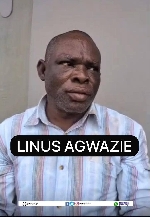
A/R: 3 Nigerians convicted of vehicle theft offences in Kumasi, to serve decades in prison in hard labour
23:27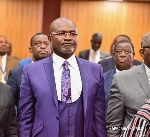
Mamprugu youth roars at team Kennedy for playing politics with Bawku’s chieftancy crisis
23:27
Swiss Ambassador meets Ghana’s Health Minister to strengthen bilateral ties
02:50
Calls mount for President Mahama to release report on Chief Justice’s removal
14:22



